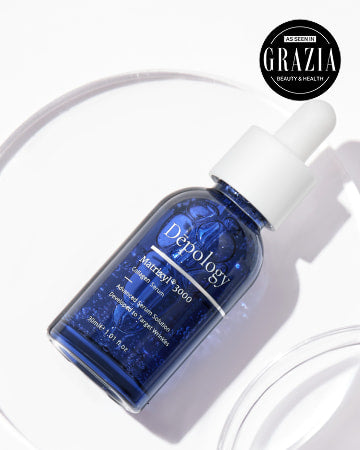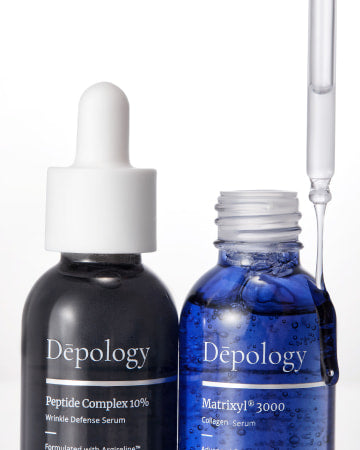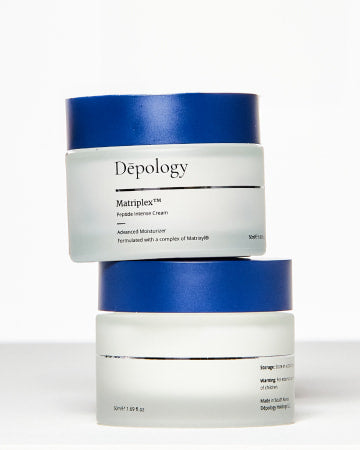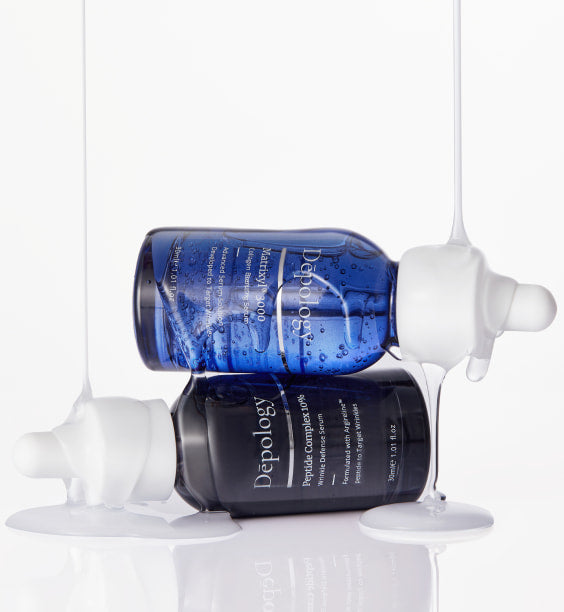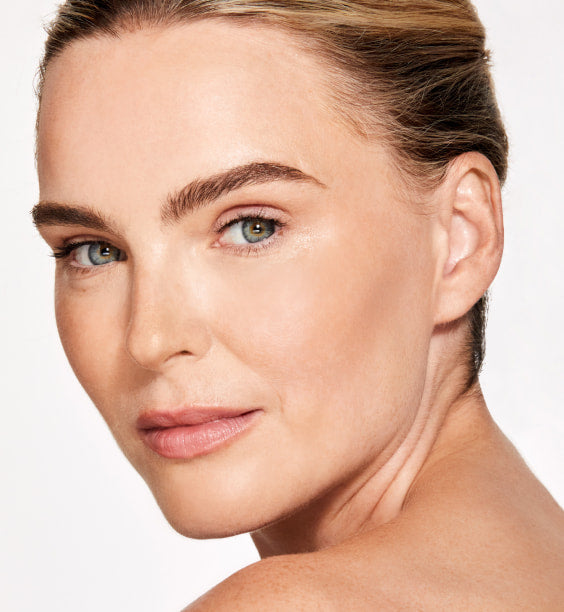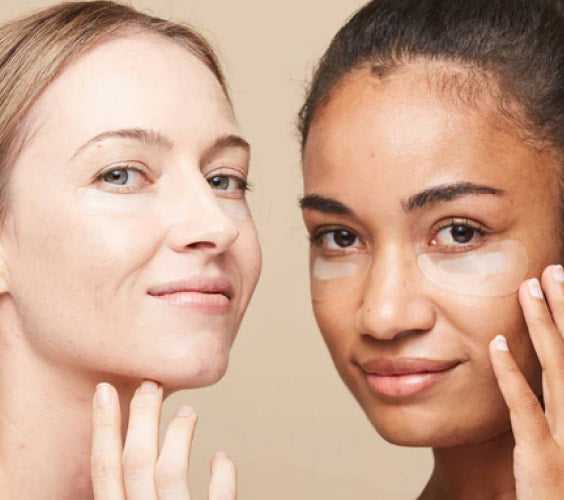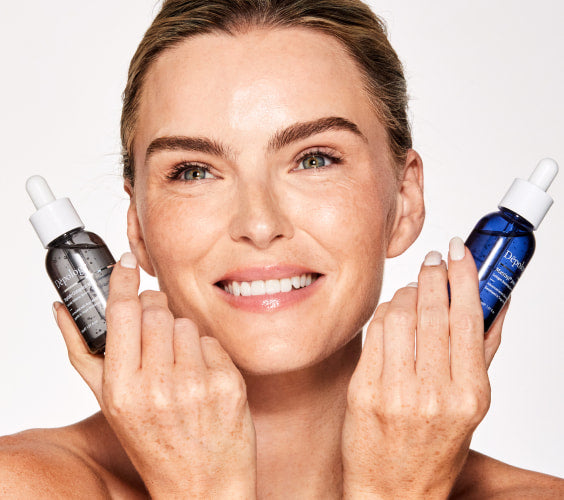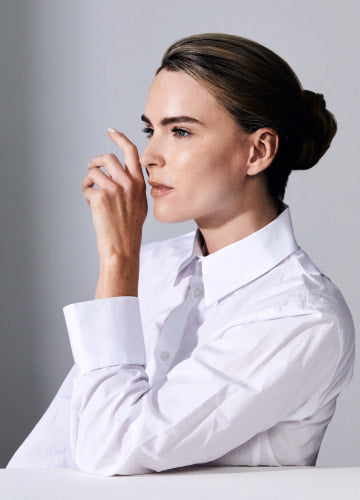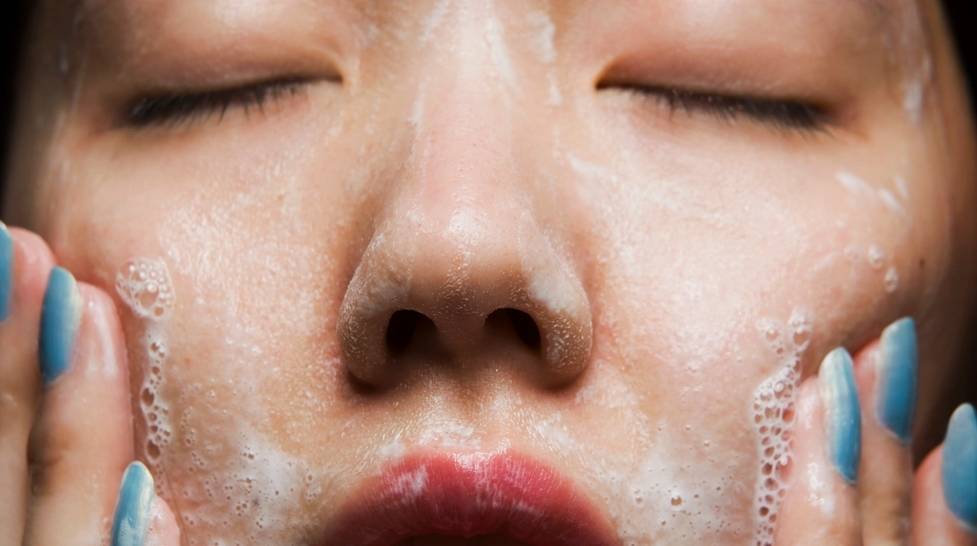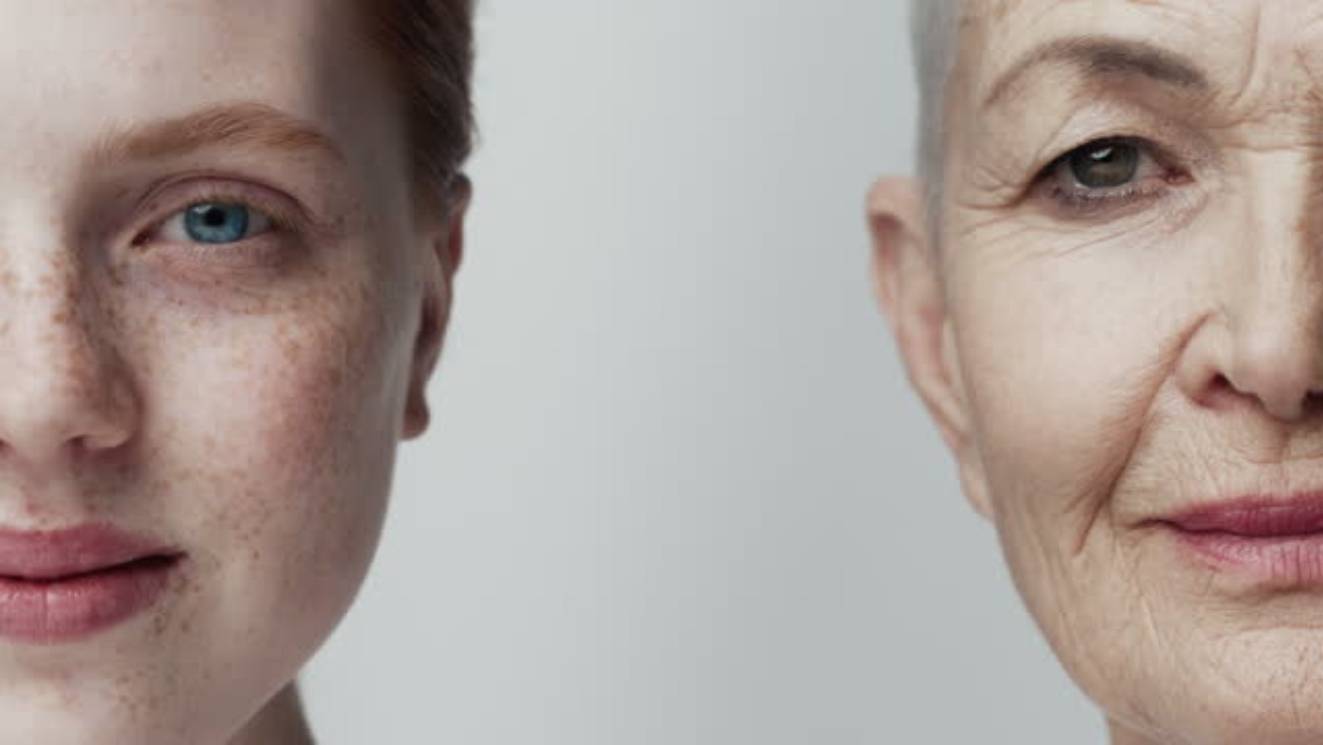
Is Rice Water Good for Your Skin? Debunking Tiktok Trend
Intro: Is rice water good for the skin?
Though it’s been recently promoted on TikTok to include in skincare routines for its “glass skin” capabilities, rice water has been a centuries-old beauty staple rooted in Asian skincare traditions. Derived from the starchy water produced during the rinsing of rice, this humble yet potent elixir is rich in vitamins, minerals, and amino acids essential for promoting healthy skin.
Rice water has been world-renowned for its ability to soothe, brighten, and nourish the skin’s complexion and has even been found to contain health benefits in terms of hair growth, spanning far beyond its skincare benefits. Also featuring hydrating and anti-aging qualities, rice water remains a versatile and cost-effective addition to anyone's beauty regimen, regardless of their skin condition or sensitivity.
What are rice water benefits for the skin?
A 2018 study shows that rice is not only fundamental in supplying nearly half of the world’s population with food, but its mixture with water can offer a range of benefits for the skin. While it’s been long known for centuries, rice water has only recently become a popular natural ingredient in skincare routines. Here are some of the key advantages:
Though further research is still needed to fully understand rice water’s benefits in targeting aging signs, the antioxidants present in rice water, including vitamin E and gamma-oryzanol, work together to help reduce the signs of aging. Consistent use may contribute overall to smoother, firmer, and more youthful skin.
Seeing as rice water is rich in powerful antioxidants, it’s no surprise that it helps to strengthen the skin’s protective barrier. This not only can work to retain moisture in the skin but adds an extra layer to fight against free radicals that can damage the skin and lead to aging signs such as fine lines and wrinkles.
Rice water contains the nourishing ingredients ferulic acid and allantoin. Ferulic acid focuses on creating a brighter complexion by helping to reduce dark spots and hyperpigmentation while allantoin acts as an organic compound that can help soothe and moisturize both the skin and hair.
Users have found refuge in rice water for its benefits in targeting dry skin, especially in the drier months. The rejuvenating properties of the mixture help calm skin irritation caused by a common ingredient found in numerous skincare products, sodium lauryl sulfate (SLS). SLS has been such a well-known ingredient for causing skin discomfort and water loss that the FDA recommends using less than 1% in personal skin care products. Incorporating rice water rinses twice a day into your regimen should be sufficient to relieve most symptoms of dry skin.
Rice water's anti-inflammatory properties can be beneficial for individuals with acne-prone skin. It may help reduce redness and inflammation associated with acne breakouts and can help soothe irritated and sensitive skin. It is often used to alleviate redness and discomfort associated with skin conditions like sunburn or eczema.
How to use rice water for the skin
Rice water can be incorporated into your skincare routine in various ways to reap its benefits. These are the most common methods for using rice water on the skin:
Boiling rice water
This process involves boiling rice in water and then using the resulting liquid for various skincare applications. By boiling the rice water, you are killing potentially harmful substances that may be present in the package, allowing it to become pure for facial, body, and hair applications. Here's a simple guide on how to prepare boiled rice water for the skin:
Rinse the Rice: Measure the desired amount of rice and rinse it thoroughly under running water to remove excess starch and impurities.
Boil the Rice:Place the rinsed rice in a pot and add double the amount of water (1 cup of rice to 2 cups of water, for instance). Bring the water to a boil, then reduce the heat to a simmer.
Cook the rice:After about 15-20 minutes, the rice should be fully cooked but not overly mushy. After straining the water, the rice can be saved for a meal or another purpose, such as skin care.
Cool the Rice Water: Allow the rice water to cool to room temperature. You can speed up the cooling process by placing the bowl in a larger bowl of cold water.
Storage:You can store the cooled rice water in a clean, airtight container in the refrigerator for short-term use. Alternatively, use it immediately for your skincare routine.
Soaking rice water
Also beneficial for both the skin and hair, soaking rice water is another method meant to extract its beneficial properties for skincare. This process allows uncooked rice to soak in water, resulting in a liquid that can be applied to the skin:
Rinse the Rice: Measure the desired amount of rice and rinse it thoroughly.
Soak the Rice: Allow the rice to soak in the water for at least 30 minutes and up to several hours. Some people even prefer to soak it overnight but this is a personal preference.
Strain the Rice Water:After soaking, strain the rice water into a clean bowl or container, separating the liquid from the rice.
Storage:Use the strained rice water immediately for your skincare routine or store it in the fridge for short-term use.
Fermented rice water
Fermented rice water is a popular variation that some people use for skin care. Fermentation is believed to enhance the nutrient content and potentially provide additional benefits, such as helping with the appearance of dull skin and pimples:
Prepare the Rice: Measure the desired amount of rice and rinse it thoroughly under running water. 30 minutes to an hour is sufficient enough for soaking rice during the fermentation process. Follow with straining of the rice water as you would normally.
Fermentation:Cover the bowl and place the container in a warm, dark place for 24-48 hours, allowing the rice water to undergo fermentation. After the fermentation period, check for a slightly sour smell, which indicates the process was successful. The liquid may also appear slightly cloudy.
Storage:Once fermented, store the rice water in the refrigerator. This helps slow down further fermentation.
Now that you’re aware of the different methods for preparing rice water for skin care, you’re ready to apply your natural remedy to your skin in a variety of formats:
Facial wash and homemade toner
To wash your face with rice water, mix the rice water with a small amount of your regular facial cleanser. Use the mixture to wash your face, gently massaging it in circular motions, and follow this with a thorough lukewarm water rinse.
Additionally, rice water can be used as a toner to prepare your skin for your routine. After washing the rice, strain the water and collect it in a clean container. Apply the rice water to your face using a cotton pad or by gently patting it onto your skin. Allow it to air-dry or gently pat your skin with a clean towel. If desired, you may rinse after the toner application.
Rice Water Mask
Mix rice water with other natural ingredients like honey, yogurt, or aloe vera to create a hydrating face mask. Apply the mask to your face, leave it on for about 15-20 minutes, and then rinse with lukewarm water.
Overnight Rice Water Treatment
Apply rice water to your face before bedtime and leave it on overnight. Rinse your face with lukewarm water in the morning for a refreshed and hydrated complexion.
What are some of the common side effects of rice water?
While rice water is generally considered safe and beneficial for the skin and face, it's important to be aware of potential side effects, especially for individuals with sensitive skin:
- Allergic Reactions: Some individuals may be allergic to components present in rice water. If you experience redness, itching, swelling, or any other signs of an allergic reaction, discontinue application immediately.
- Over-Exfoliation: Rice water contains natural exfoliating properties, and excessive use or leaving it on the skin for extended periods may lead to over-exfoliation. This can cause dryness, irritation, and increased sensitivity.
- Contaminants: If not prepared and stored properly, rice water may become a breeding ground for bacteria and mold. Always use clean, well-rinsed rice, and store the rice water in a sealed container in the refrigerator for short-term use. Additionally,if rice water is not adequately rinsed from the skin, it may leave a residue that can lead to clogged pores and potential breakouts.
- Eye Irritation: Be cautious when applying rice water around the eye area, as it may irritate if it comes into contact with the eyes. Rinse immediately if this happens.
- Excessive Dryness: While rice water can be hydrating for many skin types, using it excessively or in combination with other drying ingredients may lead to excessive dryness, particularly for individuals with already dehydrated skin. The pH level of rice water is slightly acidic (containing a pH level of around 6), and using it excessively may disrupt the natural pH balance of the skin.
Conclusion
Rice water continues to captivate skincare enthusiasts for its myriad of benefits. From its ability to brighten and even out skin tone to its soothing and hydrating properties, rice water stands as a versatile and natural addition to any skincare routine. Whether used as a toner, face wash, or face mask, the adaptability of rice water allows individuals to tailor its application to their specific needs, making it an ideal customizable staple.
People also ask:
Does rice water help with acne?
Some individuals have found success in utilizing rice water to treat acne-prone skin, but its effectiveness can vary from person to person. Rice water contains compounds with anti-inflammatory and soothing properties, which can help reduce redness and inflammation associated with acne.
Does rice water lighten skin?
The brightening or “lightened skin” effect attributed to rice water is primarily due to certain components it contains, such as ferulic acid, allantoin, and antioxidants. These ingredients may help reduce dark spots, hyperpigmentation, and uneven skin tone, resulting in a complexion that appears more radiant.
Does rice water for help with hair growth?
Rice water has become an increasingly popular traditional remedy to promote hair growth and improve the overall health of the hair. While scientific evidence on this specific benefit remains limited, there are several potential ways in which rice water may contribute to hair health, such as its nutrient content, improved strength and elasticity, and overall scalp health.


